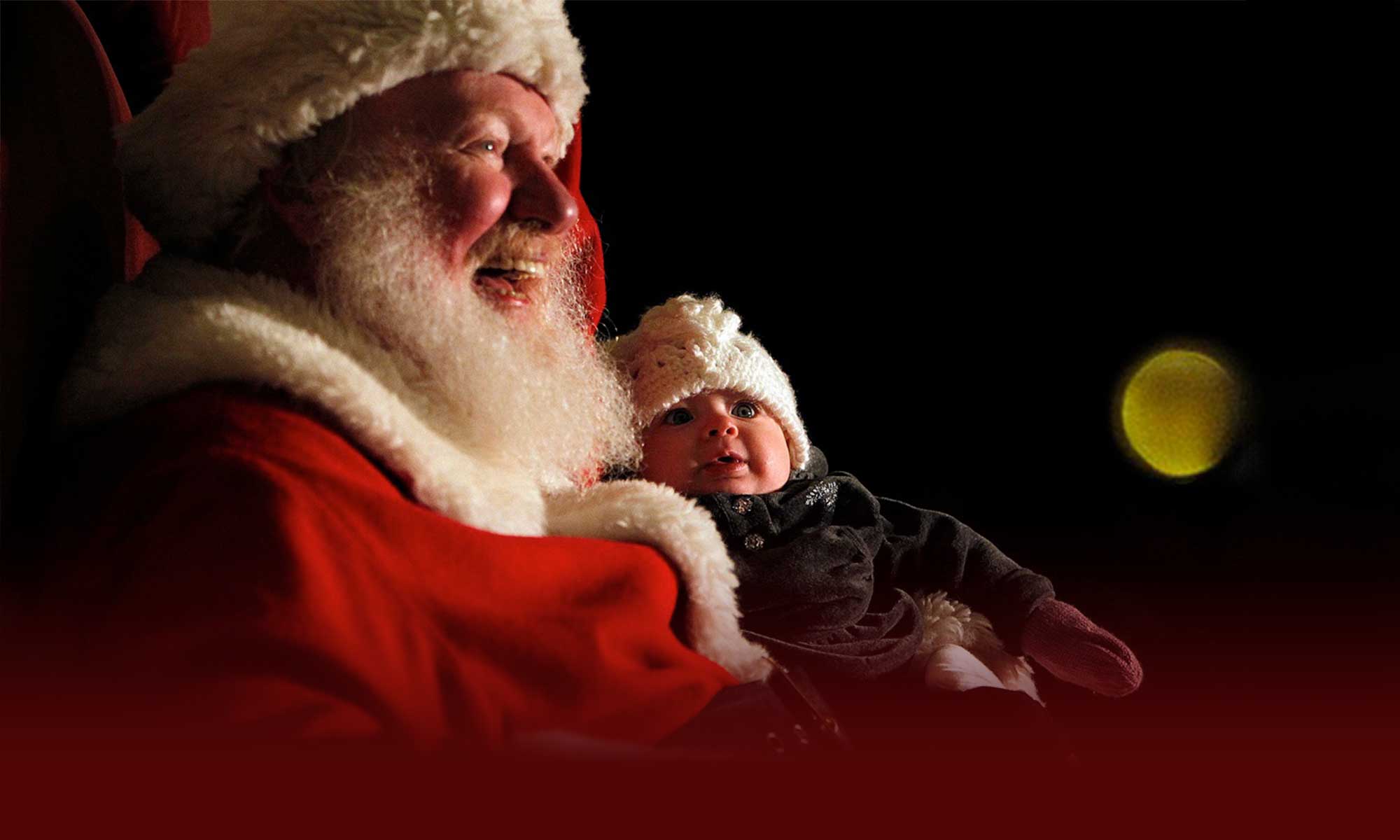For the past two years, former Kansas City Monarch Neale “Bobo” Henderson and I have had the privilege to speak at the Aflac All-American baseball seminar. In addition to sponsoring the All-American game, Aflac is also committed to preserving the history of the Negro Leagues which is the subject of our talk. True to that legacy, Aflac annually presents the Jackie Robinson Award to the outstanding high school baseball player in America.
As part of the week-long event, the All-Americans visited the kids at the Rady Cancer Center of Children’s Hospital in San Diego. Additionally, Aflac brings ten young cancer survivors and their families from Georgia to San Diego to enjoy the same pre-game activities as the ballplayers including trips to the San Diego Zoo and SeaWorld. Everything culminates on Saturday with the All-American Game at Tony Gwynn Stadium on the campus of San Diego State University.
Like his former Monarch’s manager, San Diegan Bobo Henderson is an engaging and highly approachable ambassador of the game. When the players see me, their first question is, “Where’s Bobo?“
Before the game last Saturday, Finnian Owen, youngest son of Grainne and Clay Owen, founders of “Coaches Curing Kids Cancer,” came running down the aisle when he saw me. Out of breath, Finn asked, “Where’s Bobo? All the kids want to see him.”
People naturally gravitate to Bobo for his stories, personality and laughter… and I’m the one who always has to find him. This time he was down in the West dugout offering encouragement to the players. The game was starting so, along with Walter McCoy who pitched for the Chicago American Giants in the Negro Leagues, we proceeded to the suite where the Georgia kids were waiting for Bobo. Our plan was to spend a few innings with the kids and then watch the game from our seats. We never made it to our seats.
This becomes a story about three baseball players who played all nine innings at the Aflac All-American game. Their names are JJ, Kenny and Tony. They spent the first three innings playing catch with their San Diego hostess, a trim and fit woman named Gail, until they wore her out. I came on in relief and lasted five innings. All of these boys, ages 7 to 9, are cancer survivors. They all love baseball.
Tony proudly told me that he is “a great right fielder.” He wears two leg braces and thick glasses. The poor kid can hardly catch a ball, but that doesn’t stop him from trying. His mother told me that Tony is going blind. This was probably the last year he can play. You’ve got to love a kid who won’t quit. A kid who falls down and gets back up. A kid who doesn’t know that he’s not a great fielder. He saw a movie where they put the worst player in right field. Tony cried. He didn’t know he was the worst player.
Kenny’s dad is a high school coach. Kenny is a good little player. He can catch every ball. He even caught a ball with his crotch which made everybody laugh. His buddy is JJ who he called “my best friend” and JJ is quite a kid.
JJ’s father, Army Sergeant Major Joe Campbell, related a terrifying story that would be any parent’s worst nightmare. JJ went to the hospital for a tonsillectomy when he was 6, but surgery went horribly wrong. The boy’s carotid artery was cut. As he was bleeding to death, JJ suffered a stroke and went into a three month coma. Doctors warned his parents about permanent brain damage; about the possibility that JJ would never walk or talk again. To make matters worse, during routine blood tests, it was discovered their son also had leukemia. If JJ even came out of the coma, he would have to begin chemotherapy. Sgt. Campbell has done two tours in Iraq, but confided that nothing has terrified him like the three months spent waiting for JJ to wake up. This is one courageous little boy. His dad calls him, “my hero.”
I didn’t know any of this information when we began playing catch. As I prepared to throw the ball to JJ, he held up one hand. I suggested that he should use both hands. Obediently, he tried to open the fingers on his right hand with his good left hand. Then, very politely, he told me that he could catch “good” with one hand. The kid never missed. He made diving catches, jumping catches, trick catches. This went on for five innings until the ninth when the East team mounted a comeback. Being from Georgia, the entire suite, with the exception of Walter, Bobo, Gail and me, was for the East. JJ gave me puppy dogs eyes when I stopped to watch the game. He wanted to keep playing catch. I told him that he’d get to play catch again after the game.
Incidentally, the East won, 5-4, when they pushed three runs across in the last inning.
Afterwards, I took JJ to the players’ post-game area and introduced him to Taylor Hightower and his parents. Taylor was the catcher for the East squad. When he heard that JJ wanted to play catch with him, Taylor said, “Absolutely.”
Afterwards, a beaming JJ said that he wanted to be an All-American when he grew up.
JJ, you already are an All-American.

